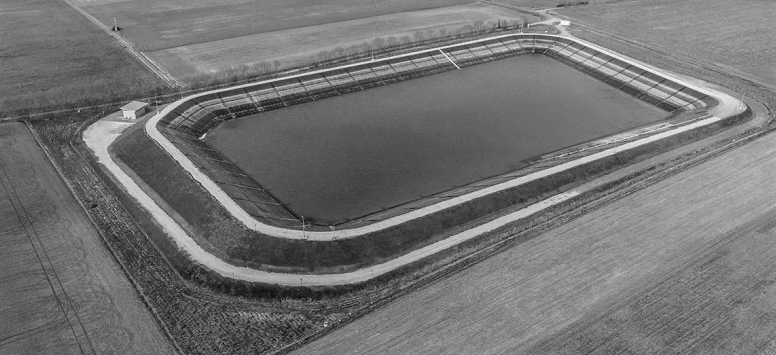
The Confédération paysanne organisation and the CETIM have submitted a referral to the UN on the topic of “mega-basins,” aiming to report human rights violations, violent police repression and the criminalisation of people and organisations which oppose these water reservoir projects.
The “mega-basin” project only benefits a small minority of farmers linked to the agribusiness sector, at the expense of the right of all peasants in the regions to access water. They reinforce the issue of drought and water shortages in the regions, although agricultural practices must be urgently changed in order to limit water requirements. “Mega-basins” are part of a model that destroys agricultural land and the natural water cycle, which is why recent court decisions have ruled that several of these projects are illegal. Despite these favourable decisions, in France people are currently risking their lives to fight these “mega-basins” and to fight for a sustainable agricultural system. During the last protest on the 24th, 25th and 26th of March, in Sainte-Soline, 200 people were injured (40 of whom sustained serious injuries).
The fight for water is an international battle. Around the world, populations are mobilising against the commoditization and over-exploitation of water. The destruction of this vital resource takes different forms: multinational companies storing water, large dams, diverting the resource for industrial agriculture, industrial pollution that is dangerous for people living in the region etc. In addition to being deprived of water access, the populations and activists are often repressed and criminalised when they mobilise to defend their rights.
TEXT BOX: What are the real implications of implementing these “mega-basin” projects?
Privatisation and stockpiling water for the benefit of a minority and of private capital interests: these projects are generally driven by a handful of active irrigators in large-scale industrial agriculture. The see their constructions as a way to guarantee access to a secure water supply even in the case of drought. These irrigation projects support an agricultural model that gathers common assets and the means of production to the detriment of peasants, as well as encouraging speculation.
Destroying the Environment: The basin projects, once installed, need to be profitable, encouraging the continuation and development of intensive agricultural practices in order to guarantee the yield. These models use a huge amount of synthetic chemical inputs and encourage agricultural practices that destroy the soil.
Violation of the UN Declaration on Peasant Rights, in particular article 21.2 which establishes the right of peasants “to water access for their personal and domestic use, for use in agriculture, fishing, animal husbandry and for pursuing other means of subsistence linked to water, guaranteeing the conservation, restoration and sustainable use of water. They have the right to equitable access to water and water management systems.”
Read the statement from the CETIM and Confédération paysanne in French